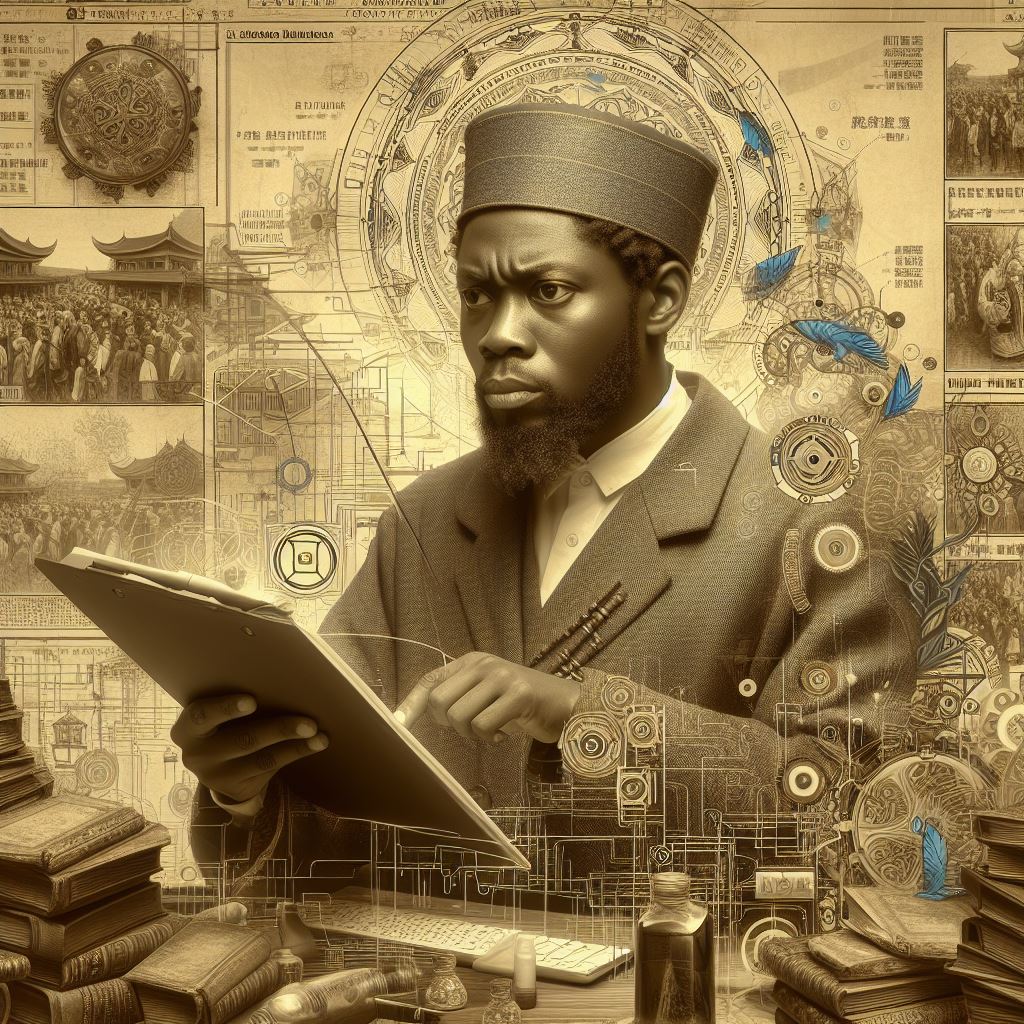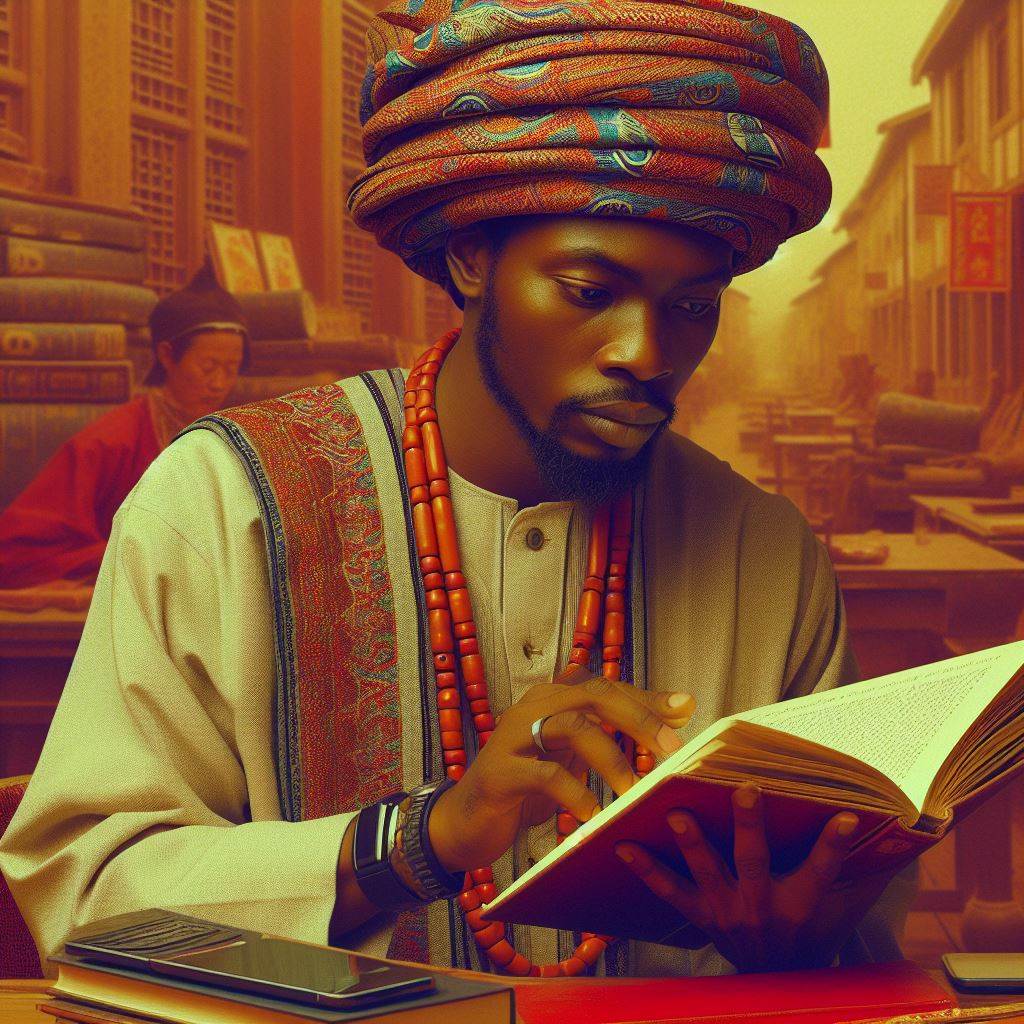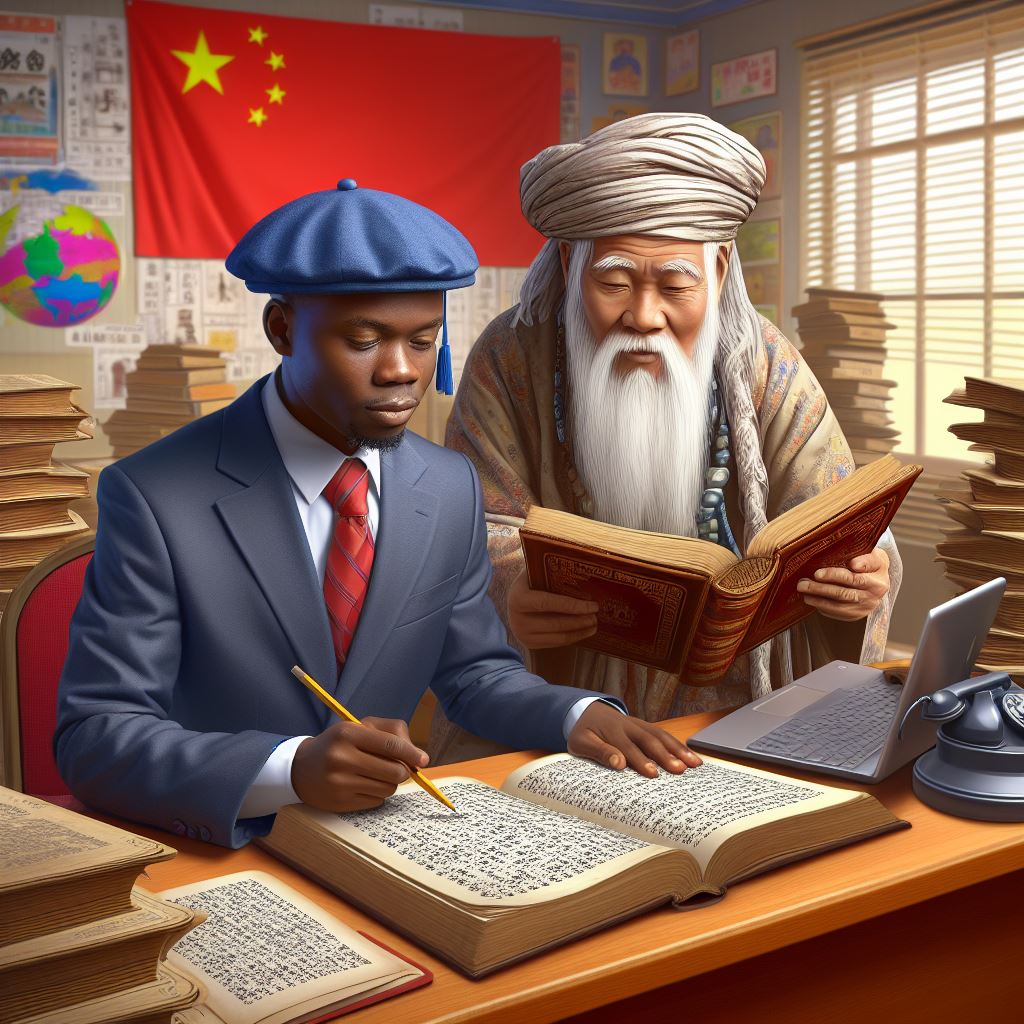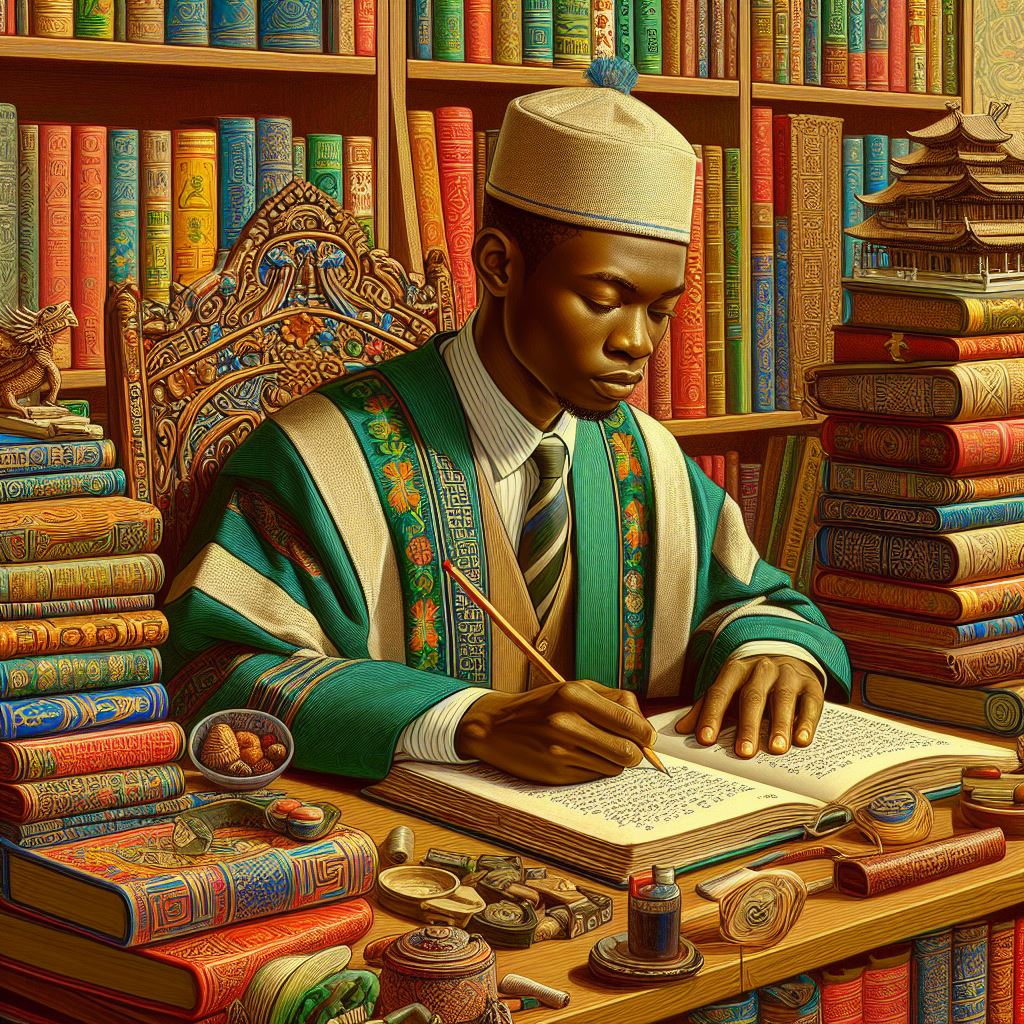Introduction
African and Asian Studies explore the rich histories, cultures, and societies of these diverse regions.
This field encompasses various disciplines, including history, anthropology, literature, and political science.
Understanding these areas is crucial for fostering global awareness and appreciation of cultural diversity.
Conferences in African and Asian Studies play a vital role in advancing the field.
They provide platforms for scholars to share their latest research, exchange ideas, and network with peers.
These events foster collaboration and innovation, driving new insights and approaches in the study of African and Asian cultures.
Attending conferences helps scholars stay updated on emerging trends and methodologies.
They also offer opportunities for professional development and mentorship.
By participating in these conferences, researchers can contribute to the collective knowledge and growth of African and Asian Studies, enhancing their own work and the field as a whole.
Overview of the Conference
The Conference on African and Asian Studies was held in Nairobi, Kenya on September 15-17, 2021. The event was co-organized by the African Studies Institute and the Asian Studies Society.
Location, Date, and Organizers of the Conference
The conference took place at the Nairobi Convention Center, a prestigious venue known for hosting international events.
The choice of Nairobi as the location was strategic, considering the city’s status as a hub for cultural exchange and academic discourse in Africa.
The dates of September 15-17 were carefully selected to ensure maximum participation from scholars, researchers, and students interested in African and Asian studies.
The organizers wanted to capitalize on the end of summer break for most academic institutions to attract a diverse range of attendees.
The African Studies Institute, based in Nairobi, played a crucial role in coordinating the conference.
Their expertise in African affairs and partnerships with Asian Studies Society helped create a dynamic and inclusive event that fostered collaboration between scholars from both regions.
Theme and Focus of the Conference
The theme of the conference was “Bridging Borders: Exploring Connections Between Africa and Asia.
” This theme echoed the growing interest in comparative studies between these two continents and aimed to showcase the shared history, challenges, and opportunities for collaboration.
Participants were encouraged to submit papers and presentations that explored various aspects of the theme, including cultural exchanges, economic partnerships, political relationships, and environmental challenges.
The goal was to promote interdisciplinary research and dialogue that could lead to impactful outcomes for both regions.
Several panels and workshops were organized around sub-themes such as “Trade and Investment,” “Cultural Exchange and Heritage,” “Security and Conflict Resolution,” and “Sustainable Development.
” These sessions offered a platform for in-depth discussions and critical analysis of key issues affecting Africa and Asia.
Keynote Speakers and Special Guests
The conference featured a diverse lineup of keynote speakers and special guests who brought unique perspectives and insights to the event. Among the notable speakers were:
- Dr. Wangari Maathai, Nobel Laureate and environmental activist
- Prof. Aminata Diallo, renowned African historian and author
- Dr. Kishore Mahbubani, former diplomat and expert on Asian geopolitics
- Dr. Malika Bouma, leading expert on African diaspora studies
These speakers captivated the audience with their engaging presentations and thought-provoking discussions on the connections between Africa and Asia.
Their expertise added depth and breadth to the conference, inspiring participants to explore new avenues of research and collaboration.
In addition to the keynote speakers, the conference welcomed special guests from various academic institutions, government agencies, and non-profit organizations.
Their presence brought a wealth of knowledge and experience to the event, enriching the overall dialogue and networking opportunities for attendees.
Overall, the Conference on African and Asian Studies was a resounding success, thanks to the dedication and vision of the organizers, the engaging theme and focus, and the contributions of keynote speakers and special guests.
The event served as a platform for meaningful exchange and collaboration, paving the way for future research and initiatives that will deepen the connections between Africa and Asia.
Read: Famous Nigerian Alumni of Communication Arts Programs
Panel Discussions and Presentations: Conference Highlights in African and Asian Studies
Diversity of Topics Covered in Panel Discussions
African and Asian Studies conferences feature a diverse range of topics in their panel discussions.
These panels address historical, cultural, political, and economic issues pertinent to both regions.
Attendees can explore subjects such as colonial histories, post-colonial developments, and contemporary socio-political challenges.
Panels also delve into literary and artistic contributions, examining how African and Asian creatives reflect and shape their societies.
Environmental issues, migration patterns, and technological impacts are frequently discussed, showcasing the breadth of interests within African and Asian Studies.
This diversity ensures that attendees gain a comprehensive understanding of the multifaceted dynamics at play in these regions.
Notable Speakers and Presenters
Conferences in African and Asian Studies attract notable speakers and presenters from around the globe.
Esteemed scholars, authors, activists, and professionals share their expertise and insights.
Their participation elevates the quality of discussions and provides attendees with valuable perspectives.
For example, renowned historian Toyin Falola often discusses African intellectual traditions, while celebrated author Amitav Ghosh might explore Asian literary landscapes.
These speakers bring depth to the conversations, drawing from their extensive research and experiences.
Their presentations inspire and challenge attendees, encouraging further exploration and critical thinking within the field.
Highlights from Key Presentations
Key presentations at these conferences often leave a lasting impact on attendees.
For instance, a presentation on the role of technology in modernizing African economies might reveal innovative solutions and strategies.
Another highlight could be a deep dive into the influence of traditional Asian philosophies on contemporary political movements.
These presentations not only share knowledge but also spark debates and discussions that continue beyond the conference.
For example, a keynote address by an expert on climate change’s impact on Asian agriculture might lead to collaborative research initiatives.
Attendees leave with fresh ideas and a renewed passion for their studies, motivated by the insightful and groundbreaking work shared at the conference.
Read: Introduction to African and Asian Studies in Nigeria
Networking and Collaboration Opportunities
Networking in academic conferences is crucial for researchers to stay updated on the latest trends and share knowledge.
Conferences provide a platform for scholars from diverse backgrounds to connect and exchange ideas.
Building a strong network in the academic community can lead to potential collaborations on research projects.
Importance of networking in academic conferences
- Opportunity to meet experts in the field and establish relationships for future collaborations.
- Exchange of ideas and experiences can lead to new research perspectives and broader understanding of topics.
- Networking helps researchers stay current on cutting-edge research and developments in their field.
- Chance to connect with potential collaborators for interdisciplinary research projects.
Opportunities for collaboration with other researchers
- Collaborative research can lead to innovative solutions to complex problems and enhance the quality of research.
- Working with researchers from different backgrounds can bring diverse perspectives and approaches to a project.
- Collaboration can result in co-authored publications that have greater impact and reach within the academic community.
- Opportunities to co-organize workshops, seminars, and symposia with other researchers to enhance knowledge sharing.
Workshops and roundtable discussions for networking
- Interactive workshops and roundtable discussions provide a platform for informal networking among participants.
- Opportunity to engage in in-depth discussions on specific topics of interest with like-minded researchers.
- Workshops often include hands-on activities that foster collaboration and learning in a more interactive setting.
- Roundtable discussions allow for group discussions, sharing of experiences, and brainstorming ideas for future research collaborations.
Read: How to Apply for Communication Arts Programs
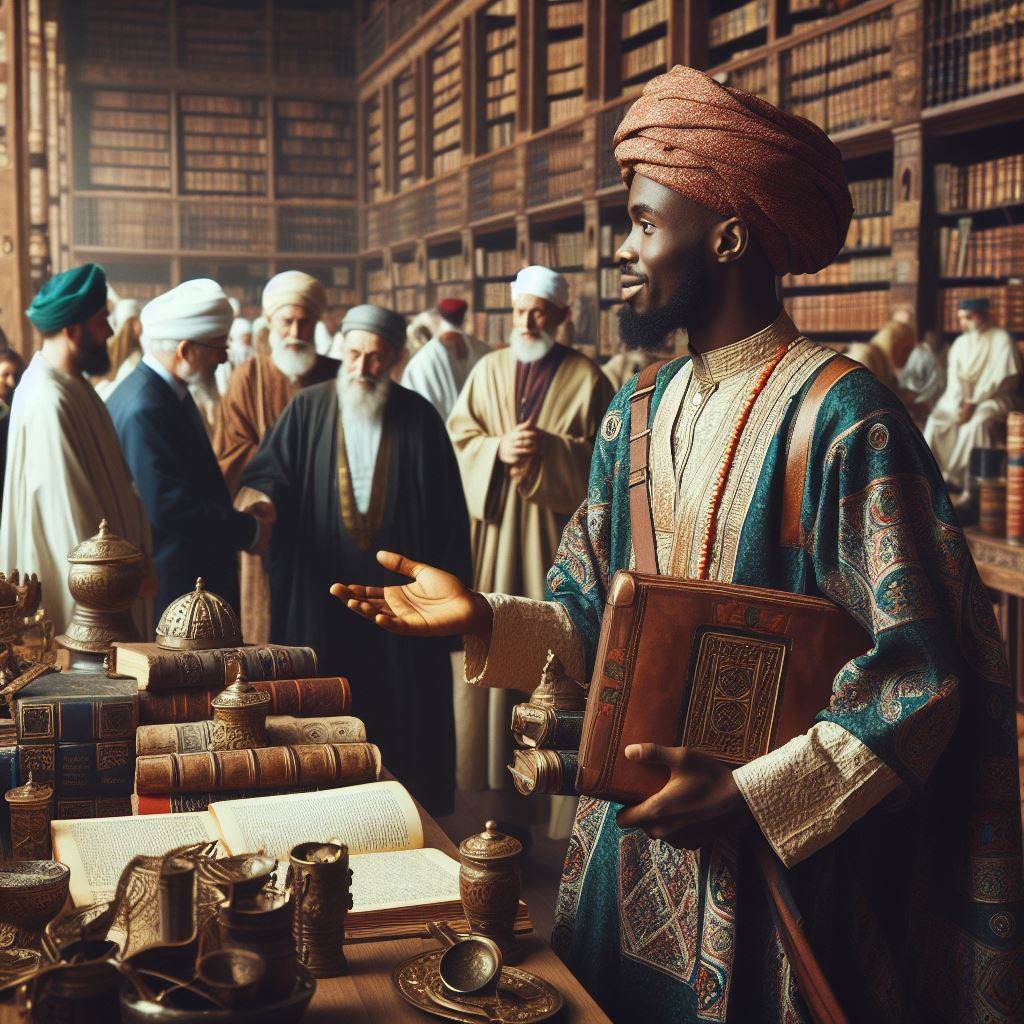
Cultural Events and Activities
One of the highlights of the conference in African and Asian Studies was the plethora of cultural events and activities that took place.
These events provided attendees with a unique opportunity to immerse themselves in the rich and diverse cultures of Africa and Asia.
Cultural Performances and Showcases
- Attendees were treated to a variety of cultural performances and showcases, ranging from traditional dances to musical performances.
- These performances offered a glimpse into the artistic expressions of different cultures, showcasing the talents and traditions of Africa and Asia.
- Participants were captivated by the vibrant and colorful performances that highlighted the beauty and diversity of these cultures.
Cultural Tours or Exhibitions related to African and Asian Studies
- Conference attendees had the opportunity to participate in cultural tours or visit exhibitions related to African and Asian Studies.
- These tours allowed participants to explore historical sites, art galleries, and museums that showcased the rich heritage of Africa and Asia.
- Experiencing these cultural landmarks firsthand provided valuable insights into the traditions, customs, and history of these regions.
Integration of Cultural Elements into the Conference Program
- The conference organizers made a conscious effort to integrate cultural elements into the program, enriching the overall experience for attendees.
- Sessions on art, literature, music, and cuisine were featured, offering a holistic view of the cultural landscape of Africa and Asia.
- Workshops and panels on cultural practices and traditions provided a deeper understanding of the social and cultural dynamics of these regions.
Most importantly, the cultural events and activities at the conference in African and Asian Studies played a pivotal role in creating a vibrant and immersive experience for attendees.
The integration of these elements not only enriched the academic discussions but also fostered a greater appreciation for the diverse cultures of Africa and Asia.
Read: Communication Arts: Balancing Theory and Practice
Conclusion
The recent conference in African and Asian Studies showcased a wealth of knowledge through diverse panel discussions and presentations.
Attendees explored topics ranging from colonial histories and post-colonial developments to contemporary socio-political challenges, providing a comprehensive understanding of these regions’ complexities.
Notable speakers, including esteemed scholars and authors, enriched the conference with their insights.
Their expertise on various subjects, such as African intellectual traditions and Asian literary landscapes, offered valuable perspectives that deepened the attendees’ knowledge and sparked critical discussions.
Key presentations left a lasting impact, highlighting innovative research and prompting ongoing debates.
For instance, presentations on technology’s role in modernizing African economies and the influence of traditional Asian philosophies on contemporary political movements inspired collaborative research initiatives and further exploration.

